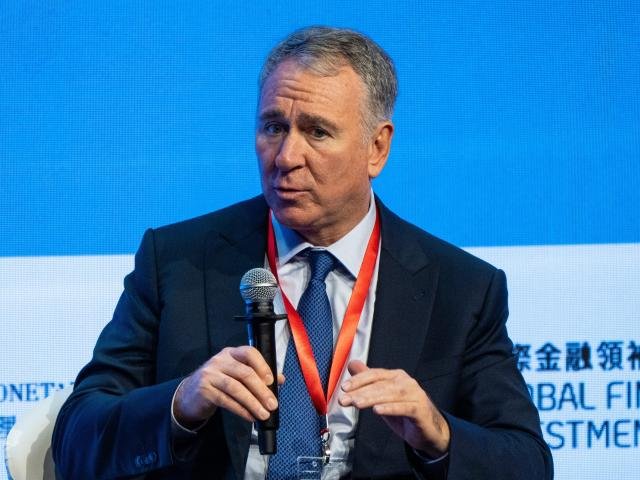Billionaire hedge fund manager Ken Griffin has decided to cease his substantial contributions to Harvard University, totaling over $500 million, citing dissatisfaction with elite educational institutions, including Harvard. Griffin expressed frustration with what he perceives as a shift in focus towards divisive ideologies and away from the core mission of nurturing future leaders.
Griffin’s decision aligns with a growing trend among major donors, including prominent figures like Leslie Wexner and Len Blavatnik, who have opted to withdraw financial support from Harvard and other top-tier schools. This move raises questions about the influence that affluent individuals wield over educational institutions and the potential impact on these institutions’ financial landscape.
Speaking at a conference in Miami, Griffin voiced deep concerns about the state of American universities, particularly criticizing the testimonies of Harvard, MIT, and UPenn presidents before Congress. He referred to their statements as disastrous, highlighting a broader discontent among some donors regarding the direction elite schools are taking.
One of the key reasons cited by Griffin for terminating his financial contributions is his dissatisfaction with Harvard’s handling of Diversity, Equity, and Inclusion (DEI) policies. Griffin, with an estimated fortune of $37 billion, questions whether these institutions will return to their foundational role of shaping future leaders or remain entangled in DEI agendas, which he perceives as lacking a clear endgame.
Griffin emphasized his desire for Harvard to reaffirm its commitment to educating young Americans to be leaders, problem solvers, and individuals capable of tackling complex issues. Until Harvard signals a return to this educational mission, Griffin has made it clear that he is not interested in supporting the institution financially.
DEI policies have become a contentious issue in major universities and the business world, with Griffin suggesting that these policies may have overstepped their bounds. He raises concerns about whether elite schools are deviating from their primary purpose of education due to an excessive focus on microaggressions and DEI initiatives.
Furthermore, Griffin’s stance extends to his hiring practices, declaring that he won’t hire students who have endorsed an anti-Israel statement issued by Harvard organizations. However, he cautions against generalizing all students associated with such groups, urging a nuanced approach in evaluating individuals.
The decision by Griffin to cease donations to Harvard resonates with other significant donors who have taken similar actions. Leslie Wexner and Len Blavatnik, among others, have also halted their financial contributions, signaling a collective reevaluation of the relationship between wealthy benefactors and prestigious educational institutions.
This move by influential donors prompts a broader discussion about the evolving dynamics between financial contributors and universities. It underscores the potential impact that donor sentiments, particularly regarding ideological and policy matters, can have on the financial landscape of renowned educational institutions like Harvard.
In conclusion, Griffin’s decision to halt over $500 million in donations to Harvard reflects broader concerns about the direction of elite educational institutions, particularly regarding DEI policies. This collective shift among major donors raises questions about the ongoing relationship between wealthy contributors and prestigious universities and the implications for institutional funding.
Book Paris Trip
Paris sightseeing
Book Paris activities
Louvre museum paris
Paris limousine rental
Rolls Royce Paris
Eiffel Tower Paris
Airport Transfer Paris
Book Paris Taxi
Seine River Cruise
Wine Tasting Paris
Paris luxury hotels
Switzerland luxury hotels
Europe Car rental
Europe coach rental
Paris Limousine
Dior Paris
Beauvais Airport transfer
